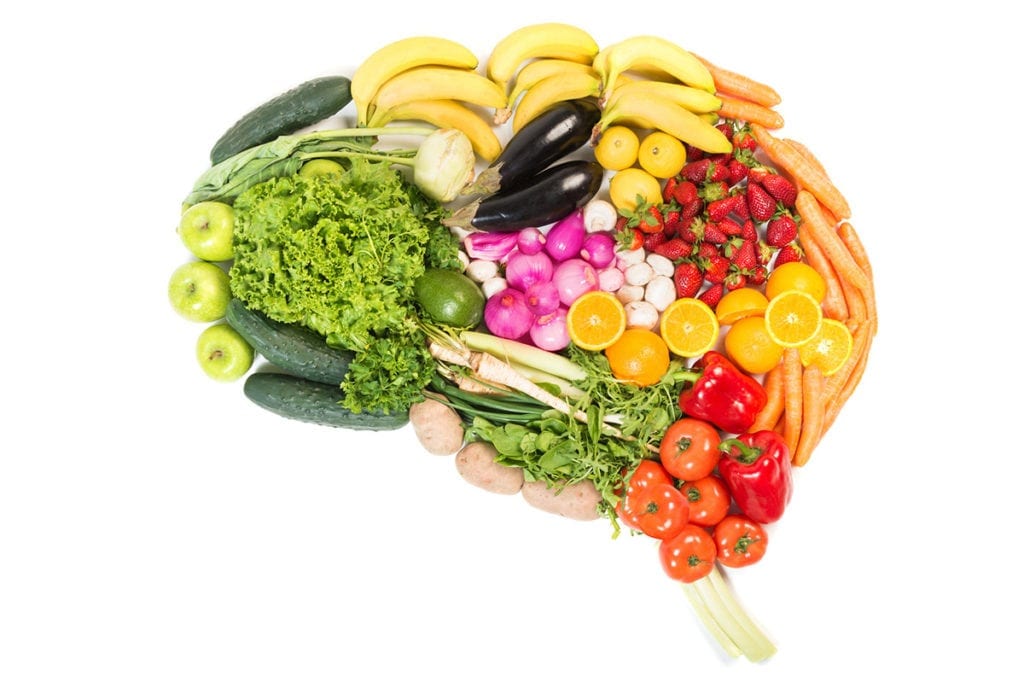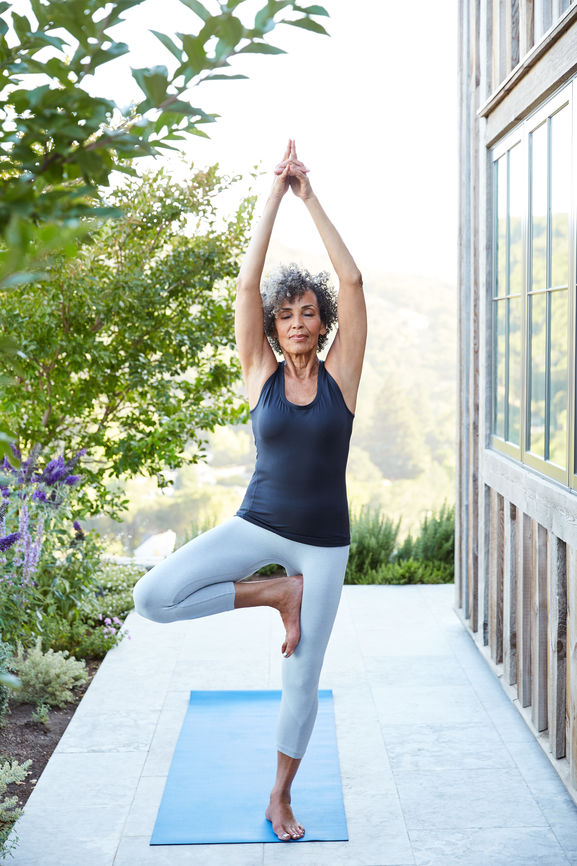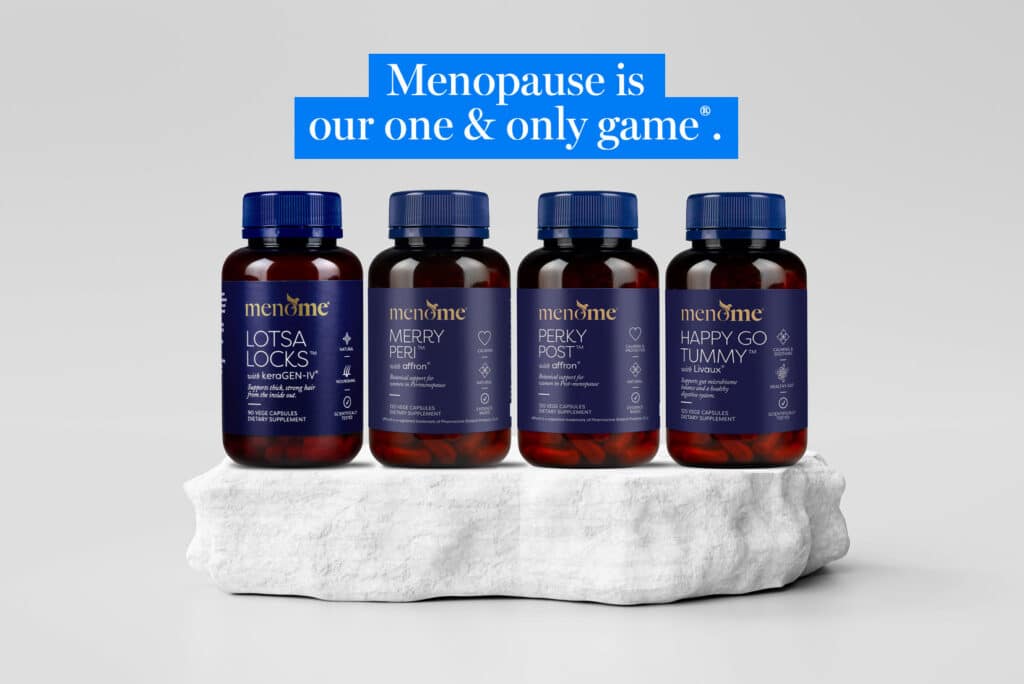Reaching peri/menopause usually means we’re growing older, it’s part of our feminine life cycle. While there are cases of premature menopause, as a rule, it means we’ve reached age 40 or thereabouts.
So there’s a bit of a taboo around the subject of both the menopause and growing older. Our society doesn’t honour ageing in the same way as some Eastern cultures do. Indeed, they revere the beautiful wisdom and experience of the older woman. We need to take a leaf out of their book!
But some of us don’t like to talk about it either and denial is definitely a ‘thing’. Therefore, it can be a challenging time as peri/menopause often affects mood and equilibrium. And then there’s the changes to body shape, skin, hair, flexibility, muscle tone and health.
The beauty of wisdom
That said, it’s a great life stage too because when it comes to growing older (and we often grow bolder!) there’s a lot we can do in order to still be vibrant and vital. And while I can’t speak for anyone else here, I love the wisdom that comes with having put in a few years on earth. There’s so much truth to that old chestnut ‘youth is wasted on the young’.
It’s all in the way you look at it
Bette Davis once said, “old age is no place for sissies.” And, Betty Friedan famously said, “ageing is not lost youth but a new stage of opportunity and strength”. Both have their points. And exercise, diet, genetics and our outlook can all make one heck of a difference to our journey sista!
Attitude makes a difference
It’s like anything, the more we look at something in a positive way the better off we are. A 2016 study reported in Science Direct showed that self-perceptions of ageing are important predictors for our physical and cognitive function in later life. Interesting! Other research has shown that physical frailty can have a knock-on effect with our cognition and even lead the way to dementia.
Dementia is now the number one killer of women
I was at a conference with Gwinganna Lifestyle Retreat recently where the amazing Dr Karen Coates, an integrative women’s wellness doctor told us that dementia is now the biggest killer of women. (Seriously, if you’re in Queensland Dr Coates is well worth a visit if you can get in to see her.)
What – apart from our attitude – can help protect against dementia?
A healthy diet, exercise, balanced weight, low alcohol consumption and often-times appropriate supplementation.
Nutrition

I bang on about nutrition all the time, but I do it for good reason. It’s not only pivotal to how you age it’s also absolutely key to managing peri and post-menopause signs and how well you go through the transition.
As it turns out it’s also super-important to protect yourself against dementia, along with the other maladies of growing older.
Health conditions post-menopause
Once you’ve gone through perimenopause and come out the other side to post-menopause the decrease in estrogen makes you more susceptible to dementia, cardiovascular disease, osteoporosis and so much more. In fact, that’s why we developed Perky Post®. Not just to help with hormone balance but to give added support for bones and brain health too.
Healthy living
But no supplement can do it all, we need to help by chomping on green leafy vegetables, whole grains, lean protein, nuts, seeds, good oils and omega 3’s such as you find in walnuts, salmon and flaxseed.
Plant-based might be trending but it’s a fantastic option as far as our health is concerned. Indeed, the Meditteranean diet has long been a poster plan for good health and is often favoured by those who live in the Blue Zones*. In addition, more and more good benefits of Intermittent Fasting are coming out, it’s another incredible tool although it’s not for everyone.
Our bodies are like a construction zone. They’re continually rebuilding and repairing cells and going through changes so it’s imperative we treat them well. This gives them the tools to do their job smoothly and efficiently throughout our entire lives but it’s particularly key as we grow older.
7 ways to age well

- Stick to a daily diet full of variety and colour. Include unprocessed food from the land such as vegetables, a couple of pieces of fruit each day, some whole grains and lean protein.
- Refined foods that are sugary and carbohydrate-heavy such as chips, cakes, biscuits, white bread, flour and fatty foods will age you faster. Briefly, bad fats lead to inflammation and sugar impairs the repair process. NB: refined carbs break down into sugar meaning they are simply sugar in disguise.
- Move. We lose a large amount of muscle mass from the age of 30 onwards and the older we get the faster this happens. Resistance-based exercise can help increase both muscle mass and bone density.
- Stay fit. A study published in the Frontiers in Aging Neuroscience journal showed that fitness encourages better cognition and brain activation as we grow older. And, importantly for us, another study published in the medical journal Neurology showed women with high cardiovascular fitness/stamina had an 88 per cent lower chance of developing dementia.
- Relax. We talk a lot about cortisol, the stress hormone that is very much a part of perimenopause. It’s secreted by the adrenal glands when we’re under any type of stress (this could be as non-threatening as feeling irritable or something more potentially serious like being chased by a dog). This impacts our gut and decreases our ability to absorb nutrients from our food. The message here: slow down, deep breathe, take a walk, practice yoga.
- Get your zzzz’s. If you want to live a long, healthy life – sleep. Lots. Make it a priority, it’s a need not a luxury. Sleep for eight or nine hours if you can. Quite apart from anything else not getting enough sleep can lead to a higher risk of overweight, heart disease and diabetes and, according to a recent study, accelerate ageing of the brain.
- Socialise. It turns out that hanging out with family or friends isn’t just for fun, it’s essential for your health too. According to the Stanford Centre of Longevity, those of us who spend a lot of time engaging socially have higher levels of physical, mental and cognitive functioning and longer life spans. Not only that numerous experts and studies have shown getting social is beneficial with dementia.
So, none of this is rocket science or too difficult. Who doesn’t want to eat well, move about, sleep, relax and hang out with their loved ones? The challenge is that sometimes it’s easier said than done. Diarise it. Create a to-do list. Finding the time and inclination to incorporate these things into your life will repay you in spades.
*About the Blue Zones
Blue Zones are regions of the world where people live vital, healthy lives. They do this for much longer and with less incidence of the diseases that kill most us in the developed world such as cancer, heart disease and dementia.
Their common lifestyle factors include:
- Family
- Regular physical activity
- Life purpose
- Plant-based diet
- Moderate alcohol (wine)
- Social engagement
- Spirituality
- Less stress®








